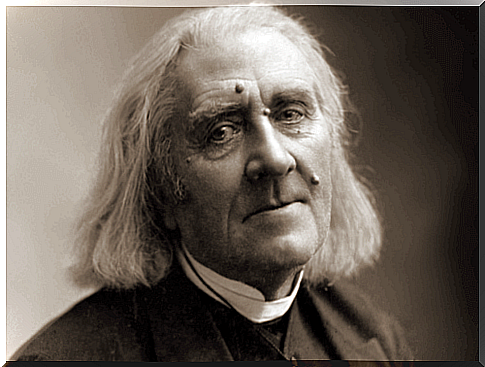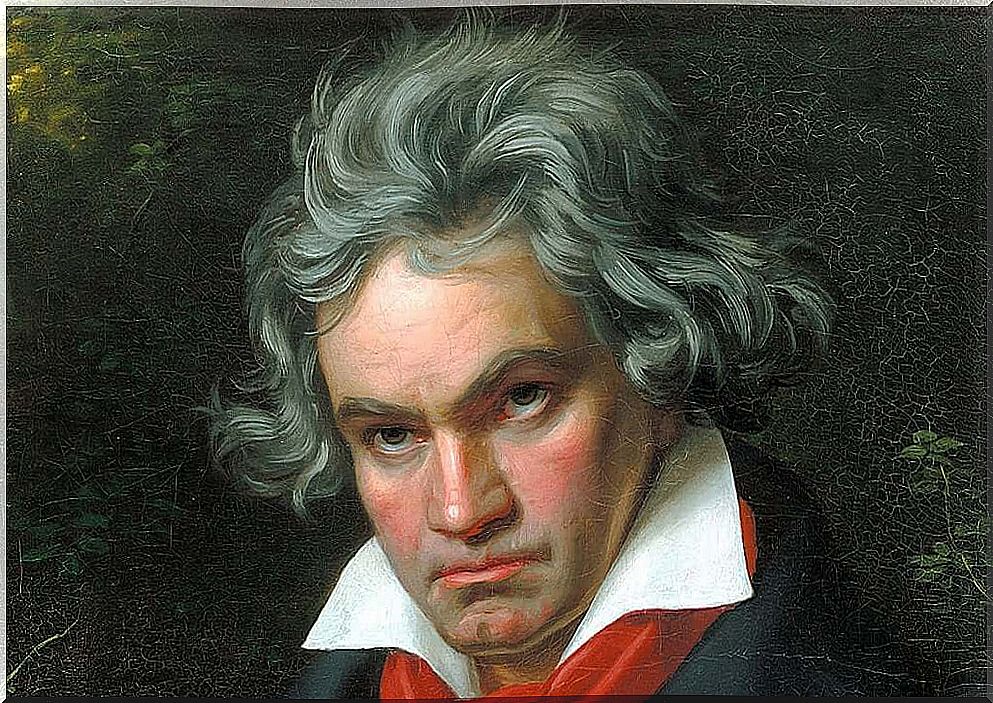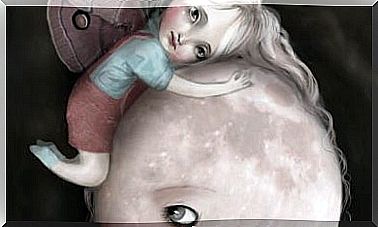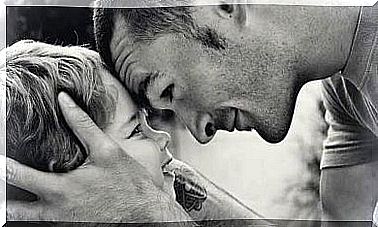Franz Liszt, Biography Of A Piano Virtuoso

Franz Liszt was one of the greatest pianists of all time. He was also that great human being that Beethoven kissed on the forehead when he was barely a child and of whom the great Richard Wagner said: “without him you would never have heard a single note of my music”.
Franz had fragile health and personality, along with extraordinary intelligence and natural affability. He frequently experienced mystical crises and that is why he was, at the same time, a deeply religious man as well as an incorrigible seducer.
Unlike his contemporaries, Franz Liszt did not seek to be superior to others. He celebrated the triumphs of other musicians and helped them evolve whenever he could.

The childhood of Franz Liszt
Franz Liszt was born in Raiding, Hungary on October 22, 1811. From birth his health was fragile. He frequently had fever attacks and was also extremely agitated. He spent a lot of time in bed until he was 6 years old, when he achieved some stability.
Perhaps that is why it was not a child like the others. From an early age, he developed a particular musical sensitivity. He started playing the piano at age 7, guided by his father who was a musician himself. Liszt’s first compositions date back to his 8 years.
He made his first recital at age 9 and the audience was amazed. His father then took him to Vienna and entrusted his son’s musical education to Czerny and Salieri. It is said that his masters asked him what he wanted to be when he was an adult. Franz Liszt, without hesitation, showed a photo of Beethoven and replied: “Him! “.
A genius of music
Franz Liszt enjoyed enormous success in Vienna. It was there that, in front of 4000 spectators, Beethoven took the stage after hearing him play and kissed him on the forehead. A sign of approval that consecrated this magnificent pianist.
A little later, his father took him to Paris. His success was also resounding and by the age of 15 he was already considered one of the greatest musicians. He also toured several European cities. This weakened his health and he suddenly had a mystical crisis. He did nothing but pray, fast and think of God.
His father took him to rest in the south of France. He regained his stability there, but his father unfortunately passed away. Franz therefore returned to Paris, where he took care of the family’s expenses when he was only 16 years old.
Tormented loves
Franz Liszt survived, to a large extent, by giving music lessons to nobles. This is how he got to know Carolina de Saint-Cricq and fell head over heels in love with her. The latter’s family nevertheless opposed the relationship, which quickly ended and plunged Liszt into a deep depression.
A few years later, and after many fleeting loves, he met Countess Marie d’Agoult. She was older than him and married. Their love was nonetheless immediate and they both fled to Geneva in August 1831. They had three children.
At the same time that his compositions became more mature and complete, the relationship with Marie deteriorated. Franz began to have stealthy relationships, one of which was with famous dancer Lola Montes. Marie then learned about it and ended the relationship. She never forgave him and even tried to ruin Franz Liszt’s reputation.

The sad end of Franz Liszt
Franz Liszt has never given up on his quest for success, whether as a composer or as a musician. After his separation from Mary, he wandered for a few years and again turned to his religious vocation. He decided to become an abbot and, from there, composed only religious music.
Her only son Daniel died in 1859 at the age of 20. Liszt never recovered from this disappearance, which was a big blow to him. And unfortunately, his daughter Blandine also died three years later. All that remained was her daughter Cosima, who abandoned her husband because she had fallen in love with Wagner, a very good friend of Franz Liszt.
Liszt never stopped working on music, or listening to and advising other musicians who came to consult him. When he turned 60, he suffered a dropsy and nearly died. However, he did not die until 15 years later, after a nasty cold snap caught on a train. He died of pulmonary complications on July 31, 1886.










